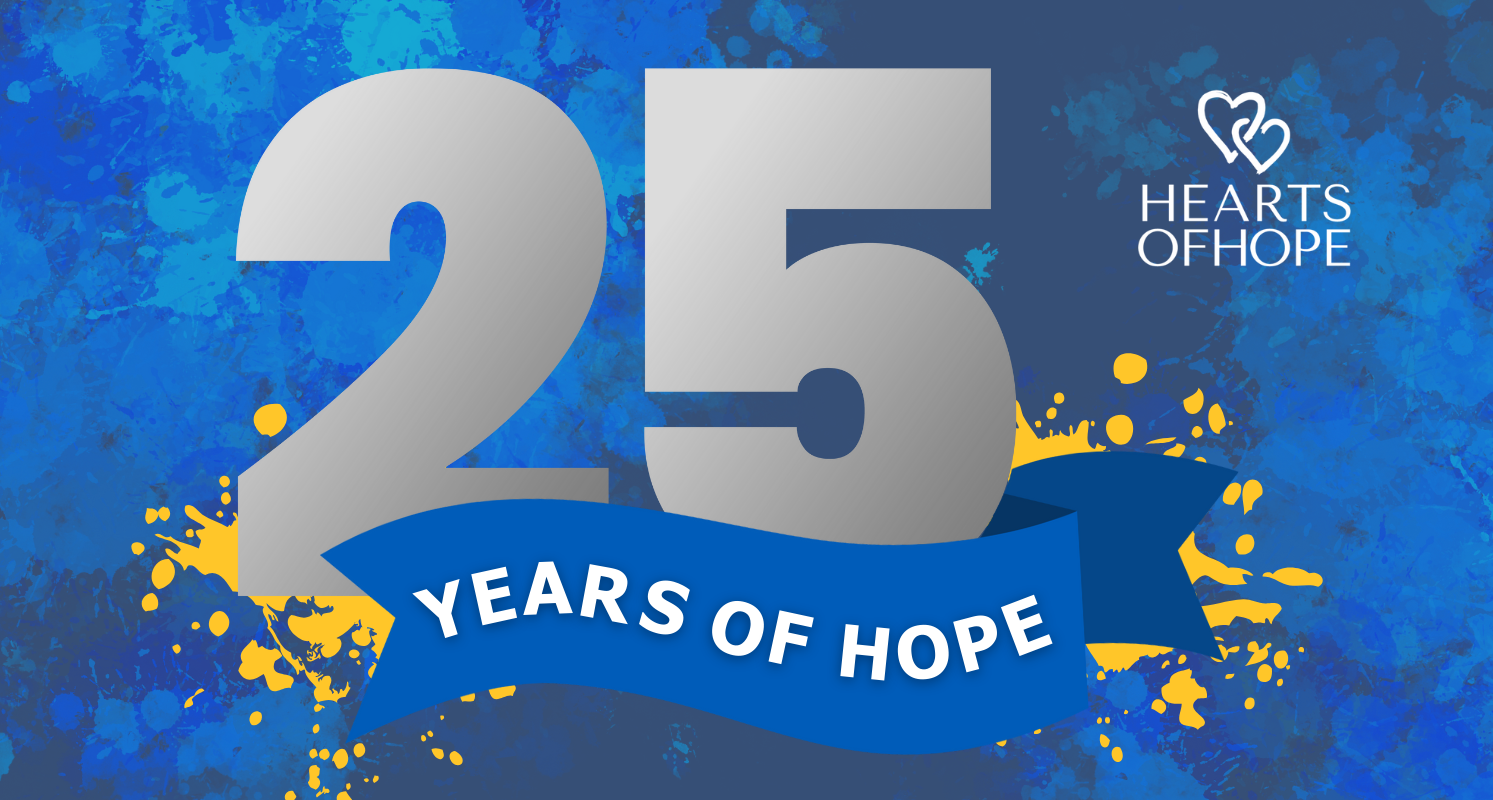Meeting Fear and Grief with Mercy

How to Practice Compassion in Times of Tragedy
This post explores the connection between fear and grief and how having a merciful perspective creates an opportunity for healing.

At the Heart of It
• Fear is a normal part of grief, but it also can lead to feelings of anger and encourage shutting off from other emotions and one another.
• Mercy is an antidote toward fear, because it softens the isolation that fear and anger create.
• Having a merciful mindset means compassion toward others and toward ourselves.
“No one ever told me that grief felt so like fear.” — C.S. Lewis
As we mourn the 67 victims of the plane and helicopter collision in Washington, D.C. last week, I’ve noticed how much fear is entwined with this grief we share. Fear of flying and of terrible accidents. Fear and mistrust in systems that we expect to keep us and our loved ones safe. Fear that comes from uncertainty, magnified by a tumultuous few weeks of change.
Neither grief nor fear are problems that can be solved with an easy fix. But I find myself going back to the words of Bishop Mariann Budde during the inaugural prayer service as she laid out the pillars of unity: “Our God teaches us that we are to be merciful to the stranger for we were all once strangers in this land.”
When we enter the land of grief and loss, we immediately become strangers. Everything is unfamiliar—our old routines, the fear and anxiety we might feel, the absence of our loved one, our anger. But mercy is an antidote to grief and fear.
How can we be merciful when we’re afraid and angry? The cause of the D.C. crash is still under investigation, but news outlets have reported that air controllers were understaffed and doing the jobs of multiple people at once. It is tempting to blame them. It is tempting to blame leaders that let public safety be compromised. And it is tempting to feel let down when our leaders choose outrage over compassion.
There’s no doubt that it’s difficult to tap into mercy when we are angry and afraid and grieving. But in my experience, choosing a merciful outlook isn’t about whether it’s being offered to us in the places we expect. It’s not about receiving grace in return. It’s really about ourselves. If we can give others mercy, we soften and heal the hurt parts of ourselves.
This means directing our mercy inwards, too. We must give ourselves grace and understanding, forgiving ourselves for the “what-ifs” and the surprising emotions and the dark thoughts. Whether you’re in the middle of your first major loss or you’ve experienced many variations of grief, each time can feel different. Each loss puts us back into an unfamiliar land, even if we recognize some of its outlines.
Whatever stage of grief you’re in, your friends and family and loved ones will eventually experience loss of their own. They will become strangers in the land of loss, too. Tapping into your reserves of mercy and compassion will not only make your grief just a bit gentler, but it will also allow you to connect with others and meet them in their grief.
By making mercy the lens through which we see loss and chaos in the world around us, we open ourselves to a grief that feels less like fear and more like connection with one another.
Pause for a Beat
• Where in your life are you directing feelings of fear and anger? What is one merciful thought you can practice toward each of them?
• C.S. Lewis wrote, “No one ever told me that grief felt so like fear.” What would you tell someone else about grief that no one told you?
• How can we find mercy, even when it’s not being offered to us?
Hope and Healing Toolbox
- Moving Forward Grief Support Program: Hearts of Hope’s evidence-based program that helps adult grievers accept, process, and move forward after loss through a series of educational, interactive modules.
- A Grief Observed: C.S. Lewis’s moving reflections on grief after the death of his wife, Joy Davidman.


